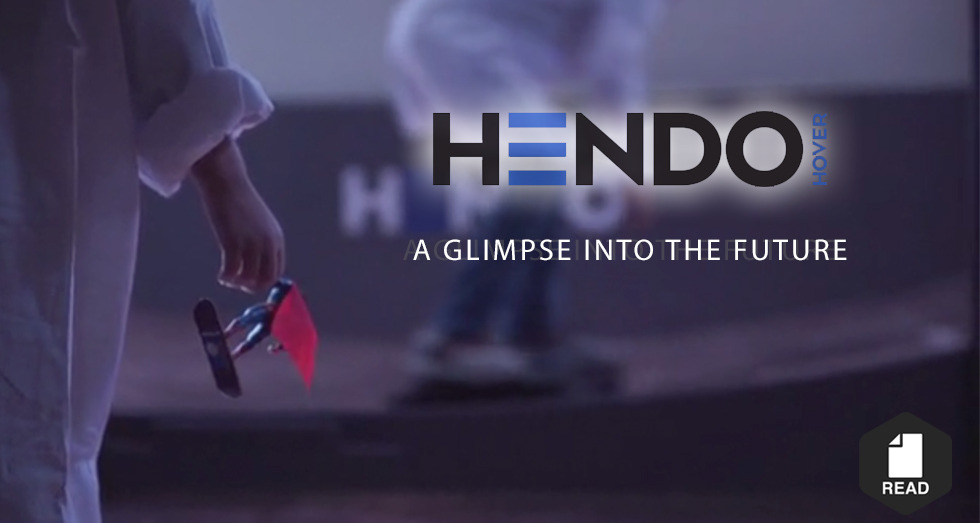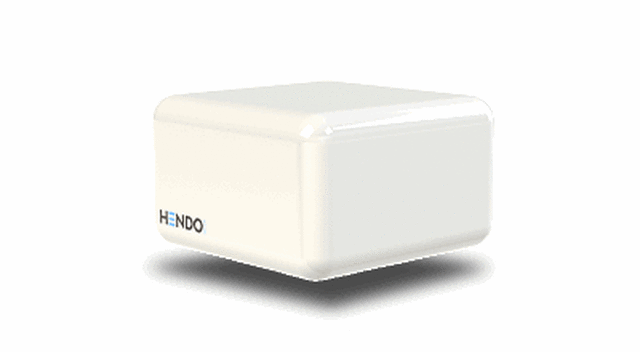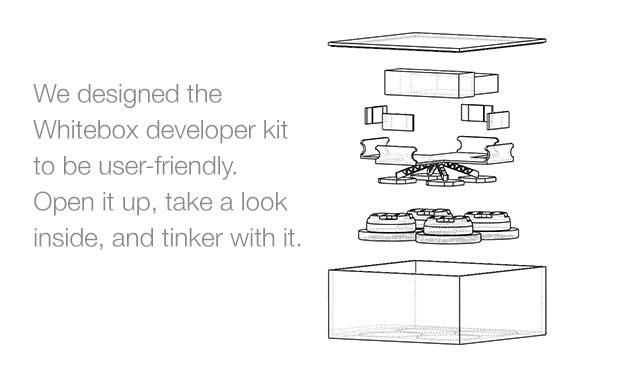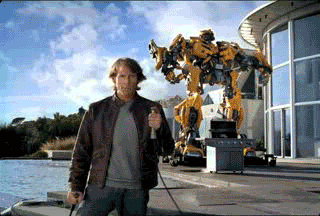The following article has been provided by SocialUnderground.com. If you enjoy this article, go check out their website for more interesting content!
On Tuesday, October 21st, a video hit the interwebs like a Bruce Lee kick. Hendo Hoverboards unveiled its REAL hoverboard. Unlike the elaborate hoax that even Tony Hawk was a part of, this one is true to life.
If you wonder how Hendo accomplished such an amazing technical achievement straight out ofBack to the Future 2, the answer is probably located within your first couple guesses. It’s not air. It’s magnets!
Have a look at the hoverboard in action:
https://www.youtube.com/watch?v=plwX5NtF530
The hoverboard relies on Hendo’s “Magnetic Field Architecture (MFA™)” that glides over a metal surface. This means you won’t be chasing Biff in the town square or getting stuck on a lake. How do you get one of these things?
You can go to their Kickstarter page right now and drop $10,000. Hendo’s pledge goal was originally $250,000, but they blew past that on Wednesday with 1,366 backers and $269,695.
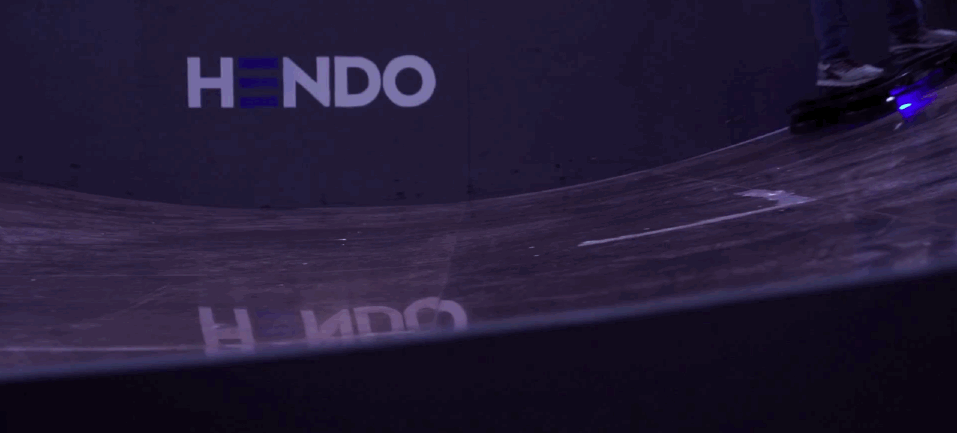
With great innovation comes a great amount of what can be done with it. The last great innovation we thought we had our hands on was the Segway, and the owner of that company LITERALLY rode a Segway scooter off a cliff. So the developers need your help to make this single innovative idea into many.
When you donate $299 you can get Whitebox™ Developer Kit. If you don’t want to do that, you can submit 3 of your own ideas in hopes of winning a developers kit:
A Developer Kit will allow you to create your own idea for the technology:
That being said, let’s take a look at a few ways this technology can not only be useful, but helpful in everyday application:
1. Moving Companies
Sure, right now you need a special surface of metal to move the hoverboard around on, but when the technology becomes more refined and available, more innovations will come about. For example: Say you have a large moving platform with the tech implanted on the bottom — think of those moving platforms you move heavy objects with at Costco — to move things.
Think about how the ancient Egyptians would move those gigantic limestone blocks. It seems impossible how they could move gigantic blocks. One theory suggests they move the blocks along wood that was placed in front of the blocks. As it moved forward, workers would take the wood from behind the block that was used and hurried in place of the blocks path.
What if there was a type of rolled out material — like a carpet — that you can move along with the device? It would be the modern version of moving the blocks, but with magnetic technology.
We’re talking putting a piano, an old school wooden television, and dining room set on the platform and pushing it with your finger. Makes you want to say “yes” to your friend when he asks for your help moving this Sunday. Probably no, but at least you almost thought about helping your friend. That’s what counts! Speaking of moving…
2. Construction and Infrastructure
Hendo’s technology could revolutionize the way we build, what we build, and how we build it. Structures that Hendo Hover declares, “We can build structures such that, with the flip of a switch, they are lifted out of harm’s way. The potential ravages of earthquakes and floods will no longer hold sway over occupants of these buildings.”
That’s a lot of new jobs, new ways of thinking, money saved, and potential lives saved by a new way of doing everything that we’re used to doing.
3. Military
When dynamite was invented, it was invented for the purpose of mining, quarrying, construction, and demolition. When people in the military first heard of it, they probably thought, “We can blow up some many people with this you guys!” Or it leads to things that are much worse:
It doesn’t have to be that way. It can be even be used for good! Since the Hover is magnetic, it could be used to clear mine fields and save lives. I’m not a military person, so I can’t really think beyond its applications in terms of killing people, but saving people. It could be used for evacuation purposes for hurt soldiers, or even some type of barrier for tanks and vehicles that deflects bullets. I have no idea how that would work, but when I think about injured soldiers, I also think about…
4. Medical
Medical technologies could be advanced with this technology, but little is known as to what. Hendo hasn’t elaborated on its ideas, but I’m sure they’re good. I mean, have you seen the video? Go back up and watch it again and then come back down here. Hovering gurney’s?
5. Space
A magnetic field powerful enough could form a shield around a spacecraft. It could even be powerful enough to deflect objects with metal properties in its path that would be catastrophic for a spacecraft.
It could also be used on a satellite for the same reason. How much space debris’ are in orbit with the satellites that let us check Facebook on our phones? Well, according to NASA, “More than 21,000 orbital debris larger than 10 cm are known to exist. The estimated population of particles between 1 and 10 cm in diameter is about 500,000. The number of particles smaller than 1 cm exceeds 100 million.”
A 1 cm object is more than enough to laser through a satellite and make it more space debris.
What about anti-gravity? In the too-soon cancelled show on CBS called Defying Gravity, the astronauts explained how they could walk around on the ship without some unexplained anti-gravity device or centrifuge keeping them on the ground. What’s explained in the show is that they spray themselves with a metallic spray and they’re pulled to the floor enough to simulate Gravity. This could be possible. That spray could be replaced with a specially created suit that they could wear that does the same thing with the same metallic material.
There you have it. The possibilities are endless, and Hoden Hover wants to hear your ideas. Head on over to their Kickstarter to donate or pitch the next idea that could change the world.
For more hilarious rantings and ravings, follow Jeff Sorensen on Twitter: @SorenJeff
